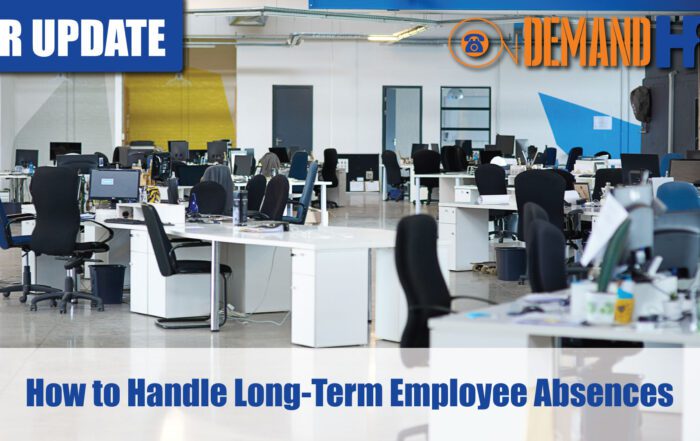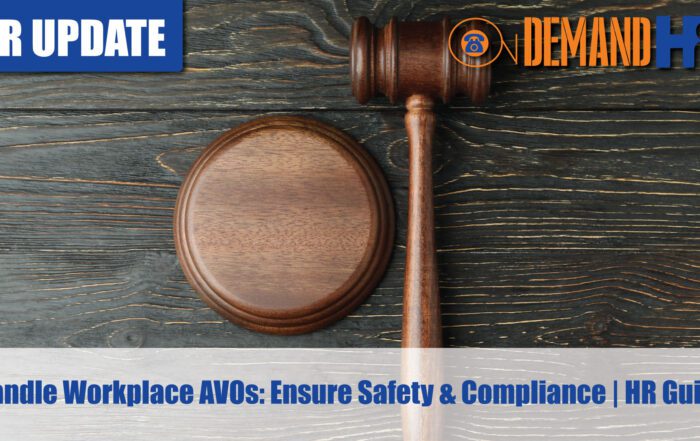Unfair Dismissal With No Valid Reason But Not Unfair?
Recently the Fair Work Commission determined a dismissal claim to be have no valid reason for the dismissal, but determined the dismissal to be fair. Today we will outline the facts of Murray v Dangan 2021 and consider if there
Please see below for a full transcript of this video
Share the HR or workplace relations challenge facing your business and one of our experienced consultants will be in touch within 24 hours with a strategic action plan or discover the best strategy yourself by accessing out free online training library.
Transcript
Recently the Fair Work Commission determined a dismissal claim to be have no valid reason for the dismissal, but determined the dismissal to be fair. Today we will outline the facts of Murray v Dangan 2021 and consider if there are any lessons for business when it comes to having a valid reason for dismissing an employee.
The employee had been with the employer since 1999, and the business requested that the Applicant take on additional duties. The Employee declined this request unless the Employer was willing to pay more money and allow him to work 4 days per week instead of 5.
The Employee was then invited to a disciplinary meeting for refusing to follow a reasonable directive and issued a warning. The Employee asked to resign and gave the Employer formal notice of resignation.
The Employee returned to the meeting 10-15 minutes later, after having spoken to his wife and asked to be terminated instead. The Company accepted and paid the notice period in lieu of having the Employee work the notice period.
What we learn from this case is that where the employee submits their resignation during a performance discussion, the resignation still stands. The Fair Work Commission recognise that even if the Employee weren’t terminated the Resignation would have remained to run it’s course.
We also learn that where an employee resigns, and is subsequently dismissed from their employment, the maximum penalty that is likely to be awarded is to the conclusion of the notice period.
Please note that as with all dismissal considerations, this is done on a case by case basis depending on the individual circumstances. In other words, this is most certainly not a blanket invitations for businesses to invite, influence or coerce employees to resign as an alternative to termination in an effort to absolve them of Unfair Dismissal action before the Fair Work Commission. If you have a challenging termination situation in your business then we encourage you to reach out to us by visiting ondemandhr.com.au where one of our experienced consultants can provide direction not only based on technical knowledge as we have covered in todays session but also practical experience in representing parties before the commission ensuring our guidance not only mitigated risks but also balances this against achieving good business outcomes.






